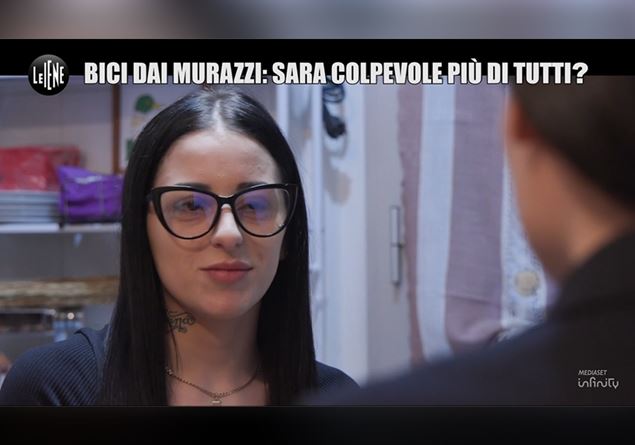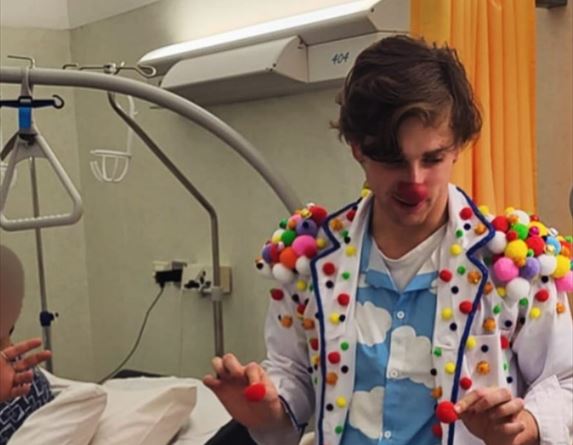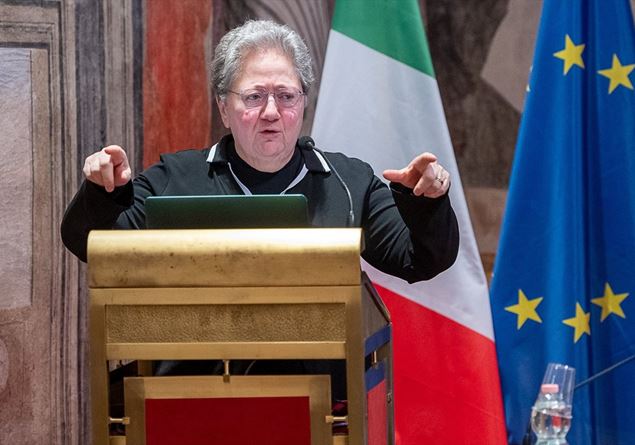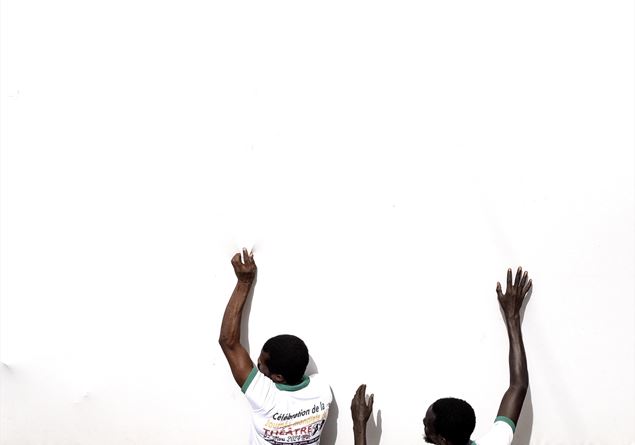Beyond the extent of the sentence inflicted on Sara and the fact that she will serve a longer sentence (at least for now) than the person who physically committed the crime, what disconcerts me, as an educator and parent, is the “lightness” with which a crime of this type can be carried out by five boys who meet up to spend an evening together. What makes one unable to foresee the consequences of one’s actions for oneself and for others?
Empathy, a much-cited quality, is the ability to understand the feelings of others, a fundamental function for developing good relationships. More generally, it is the competence that allows us to live in emotional contact with the world that surrounds us and to act appropriately with it. To activate, however, it needs to receive input from the outside, otherwise it remains inactive. It’s as if we had a wonderful camera turned off. We wouldn’t have photos, it wouldn’t allow us to collect memories, generate emotions and tell stories.
What I observe in many boys and girls it’s the habit of being next to each other without really feeling or seeing each other. You travel listening to music with your headphones and focus your eyes on different objects. There are too many distractions that make looking and feeling more superficial. Being in a relationship requires a lot of energy, you need patience, dealing with the embarrassment of silence, finding the words to tell your story, inventing ways to have fun, etc. Having experiences that force you to share, to act with, to look each other in the eye, requires an active effort that builds the ability to feel the other.
Today everyone’s life goes so fast and offers so many “on demand” paths that the obligations to “cooperate” have been drastically reduced. There are boys and girls who live in the same class for years without almost knowing each other. This condition is the perfect cultural terrain to turn off empathy and the ability to act consciously.
Sara did nothing to stop an action that had very serious consequences for a boy not much older than her, a complete stranger for whom she didn’t feel the urge to stop his friends while they were throwing a bicycle, nor to later report the group. She, like the other four, tells the story of growing up crushed in a present that sees and hears nothing else outside of itself.










